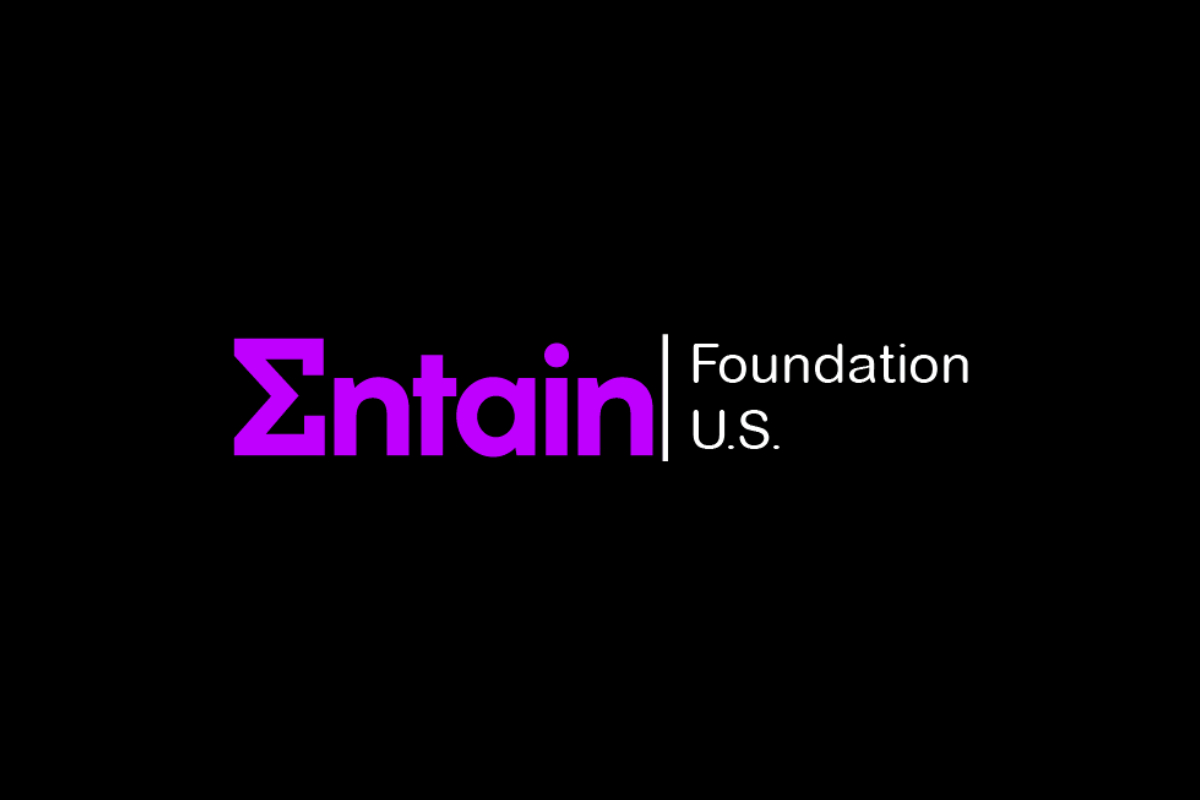
SharpLink Gaming Partners with Quintar
SharpLink Gaming and Quintar have announced a partnership to integrate their respective technologies to produce an AR experience that combines live sporting events with real-time sports betting for sports fans.
Quintar was founded by former Intel Sports executives, Sankar “Jay” Jayaram and Jeff Jonas. Among other impressive career accomplishments, the pair previously founded virtual reality firm Voke, which was acquired by Intel in 2017 and became a foundational aspect of the technology titan’s sports division. Developed by Quintar’s team of industry veterans from NBA Digital, Turner Sports, Sportvision, and Magic Leap, among other iconic companies, Quintar’s proprietary “Q.reality” is a device-agnostic platform designed to deliver sports fans with new, highly dynamic interactive experiences. Using a combination of long-range registration to place accurate, dynamic AR content on the field, court or course, and live stereoscopic streaming, Q.reality allows content creators and rights holders to deliver personalized, social, and gamification experiences for fans on mobile phones, televisions, and AR wearables.
SharpLink’s technology development team will work with Quintar’s team to create a fully turnkey platform that will allow sports bettors to participate in live sports events via AR, check game data, compare betting lines, socialize with friends, and place bets with multiple sportsbook operators. In addition to integrating their respective proprietary technologies – SharpLink’s C4 engine and Quintar’s Q.reality – SharpLink is tasked with architecting the backend gamification features, including registration, scoring, grading, and leaderboard, among other technical elements. Quintar will be responsible for developing the interactive AR elements that are synchronized to playing surfaces and can be viewed on mobile devices when at the sporting venue or streamed via 3D video to a table-top in a living room. The proposed new platform will be able to be integrated into iOS or Android apps or into an exclusive app built around a specific AR device.
Rob Phythian, Co-Founder and CEO of SharpLink, said: “This is truly game-changing innovation at its finest and will result in SharpLink and Quintar delivering sports fans with an unprecedented, interactive, game day experience when engaging with and betting on their favorite sports, teams and players. I have known Jay and Jeff for years and firmly share their belief that through development of cutting-edge technology, the opportunity in AR-enhanced online sports betting could be highly disruptive to the industry. Moreover, given our combined industry experience and similar spheres of influence with key decision makers in sports media, we also share the belief that growth opportunities for both our companies could prove to be potentially limitless in the long-term.”
Jayaram, CEO of Quintar, said: “The global Extended Reality market, which includes AR, is expected to exceed $125 billion by the end of 2026 and, according to market research firm Statista, reach 85 million AR users in the United States, alone, by the end of 2023. When combined with the forecasted $150 billion market opportunity in U.S. sports betting, the long-term value proposition presents explosive growth potential for enterprising companies taking the lead in delivering technology-enabling solutions to fans, sports media operators and sportsbooks. Sports fans are becoming increasingly demanding and expect entertainment, fun and information alongside their desired content and viewing experiences. Marrying in-game sports betting with the thrill of AR is, in our opinion, an obvious combination and one that is going to have measurable impact on the world of sports for years to come.”










